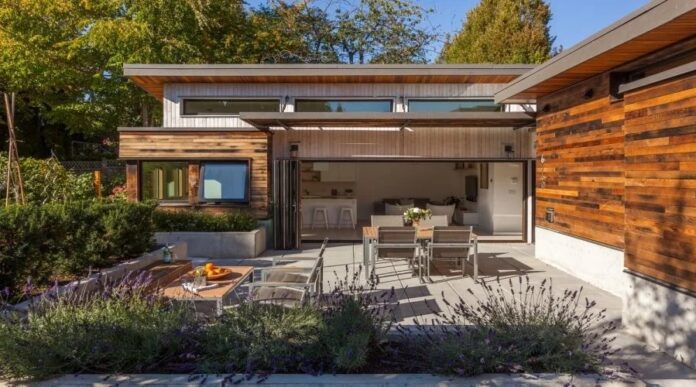As ADU’s become more popular, many people are starting to wonder whether they can build an ADU on their property. Before you put the time and money into starting the building process, make sure you read through this thoroughly to determine if you should and if you legally can.
Know Your Zoning Laws
Zoning laws are different for different regions, so you need to check with your state and local laws to determine if you are capable of beginning the seven steps of ADU development.
The zoning laws in your region will determine things like:
- Whether you need to live on the property to build an ADU on it
- Parking requirements
- Occupancy numbers based on unit size
- Minimum lot size
- Number of ADUs on a single property
- Type, size, design of the ADU
As you can tell, there are a lot of laws and regulations associated with building an ADU that are not uniform across regions, so you need to carefully read these laws before starting any ADU development.
Know The Long Term Effects of ADUs
Yes, an ADU will indeed increase the value of your property, but what most people don’t realize is that they cannot sell it separately from their home. An ADU is an accessory dwelling, which means it is legally attached to the home and lot (even if it is a detached structure). So, if you were planning on selling the ADU separately, then you might want to change your mind about building it.
However, you can rent the ADU out for extra income. This can be a way of still acquiring income from building it without having to sell it.
Know Your Development Standards
There will be limits on the width, length, and height of your ADU that will vary from city to city. There may even be minimum sizes of your lot and if it is under that size, you won’t be able to build an ADU. Also, the lot size may determine the type of ADU you are capable of building.
Therefore, you should be sure to check with your city first before making any final decisions that could get you fined later on down the road.



















